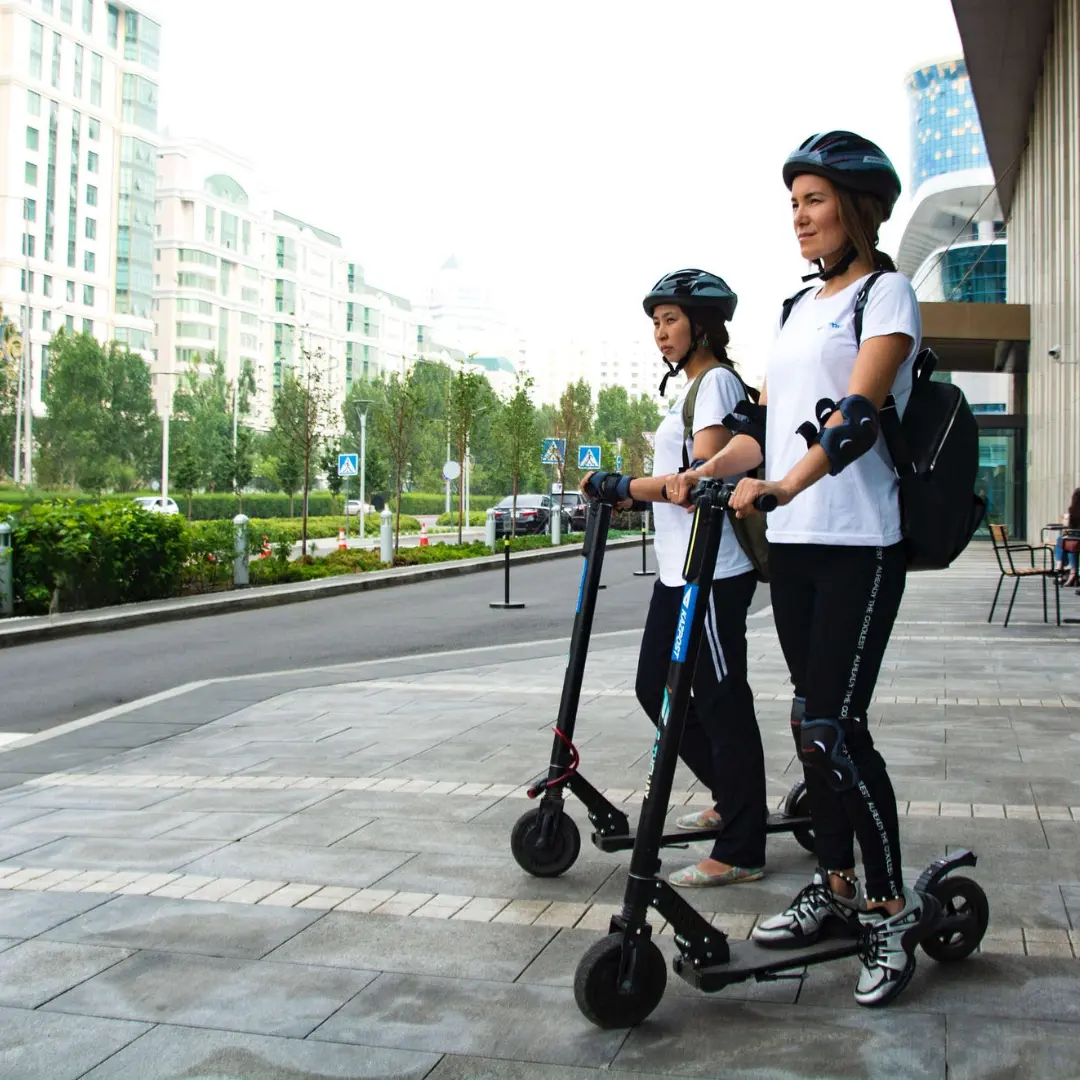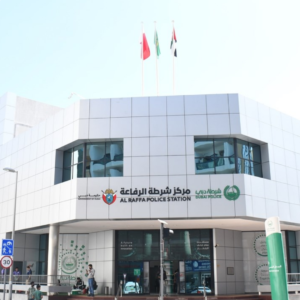Dubai has experienced a concerning rise in accidents involving e-scooters and bicycles this year, resulting in four fatalities and 25 injuries. These incidents underscore significant safety issues and have led to heightened scrutiny of urban mobility practices within the city.
E-scooters and bicycles have become increasingly popular modes of transportation in Dubai, offering convenient and eco-friendly alternatives to traditional vehicles. However, the increase in their use has also brought about a corresponding rise in accidents, highlighting the need for better safety measures and regulations.
The fatalities and injuries recorded this year have raised alarms among city officials and the general public. The primary concerns revolve around the safe integration of these vehicles into the urban landscape, ensuring that both riders and other road users are protected. The mixed-use of roads by cars, e-scooters, and bicycles presents unique challenges, including the need for dedicated lanes, improved signage, and public awareness campaigns.
In response to these safety concerns, Dubai authorities are likely to implement more stringent regulations and enforcement measures. This could include mandatory safety gear for riders, such as helmets and reflective clothing, stricter speed limits, and designated riding zones. Additionally, there may be an increase in public education initiatives aimed at promoting safe riding practices and awareness of traffic laws among e-scooter and bicycle users.
Urban planning will also play a crucial role in addressing these safety issues. The development of dedicated bike lanes and e-scooter paths can help separate these vehicles from motor traffic, reducing the risk of accidents. Investments in infrastructure that support safe and efficient urban mobility are essential to accommodating the growing number of e-scooter and bicycle users while minimizing the potential for accidents.
Furthermore, data collection and analysis will be crucial in understanding the patterns and causes of these accidents. By identifying high-risk areas and behaviors, authorities can implement targeted interventions to enhance safety. Collaboration between city planners, law enforcement, and the community will be key in developing effective solutions.
In conclusion, the increase in fatalities and injuries from e-scooter and bicycle accidents in Dubai highlights the need for improved safety measures and regulatory oversight. By addressing these concerns through a combination of stricter regulations, public education, and infrastructure development, Dubai can create a safer environment for all urban mobility users and ensure that the benefits of these alternative transportation modes are realized without compromising public safety.









